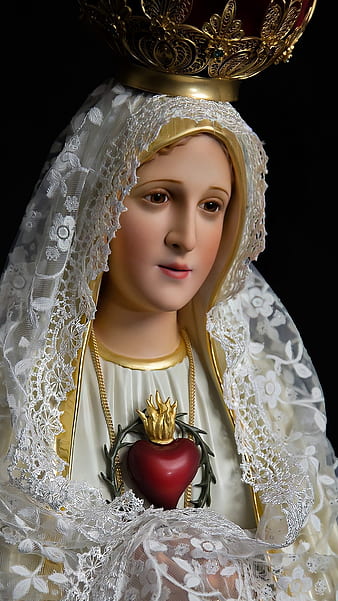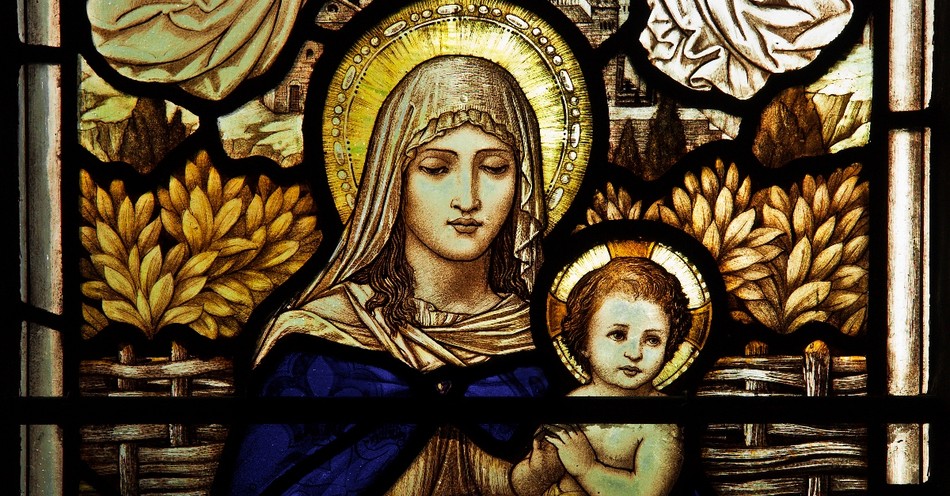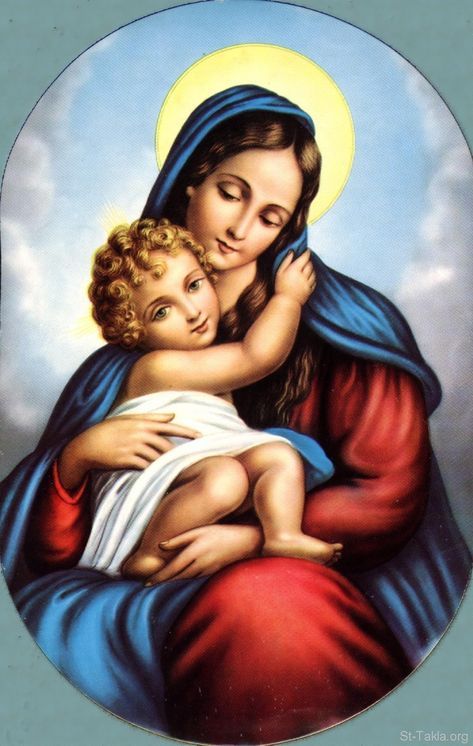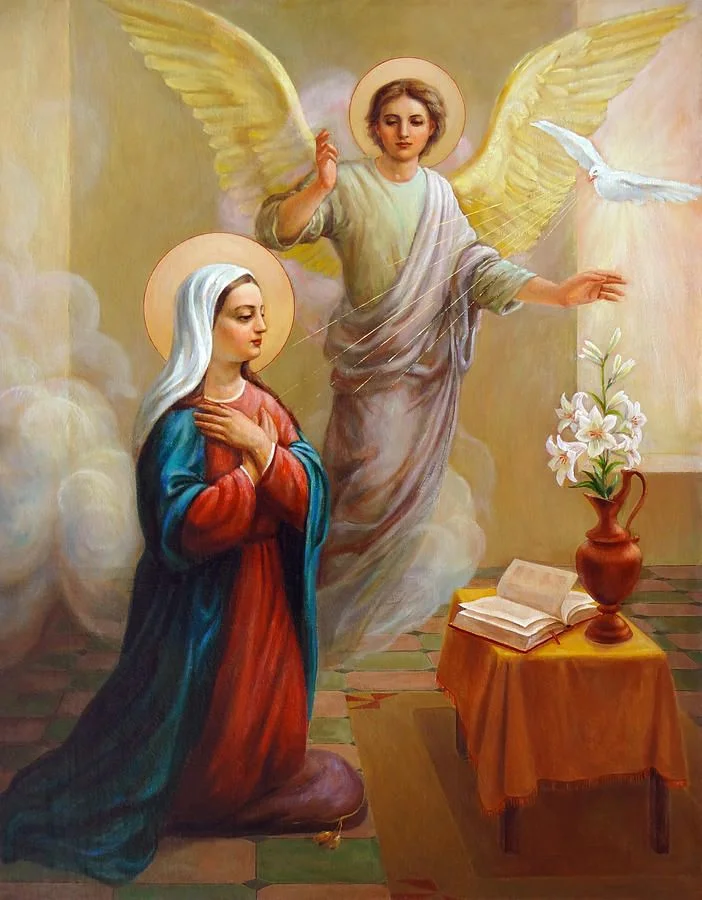🌟✨ Discover the transformative power of Mary's Mediation: A Bridge to God's Grace! 🙏🌈 Unlock divine blessings and find inner peace. 🌺❤️ Don't miss out, dive into this soulful journey today! 🌟💫 #MarysMediation #GodsGrace
Updated at: 2025-06-19 15:28:34 (2 days ago by Melkisedeck Leon Shine)
```html
Mary's Intercession: A Pathway to Divine Grace
Introduction
Within the framework of Catholic theology, the Virgin Mary, Mother of God, occupies a position of profound reverence and devotion. This stems from her unique relationship with Jesus Christ and the belief in her capacity to intercede on behalf of humanity. This exploration delves into the theological underpinnings of Marian intercession, examining its significance as a conduit to experiencing divine grace. Key concepts analyzed include the theological understanding of intercession, the role of Mary within the ecclesiology of the Catholic Church, and the application of Marian devotion in personal spiritual growth. The concept of *grace*, as understood within Catholic tradition, refers to the free and undeserved gift of God's love and divine assistance, enabling spiritual growth and salvation. Intercession, in this context, is the act of praying on behalf of another, invoking divine assistance for their needs. This article will demonstrate how the concept of Mary's intercession functions within a robust theological framework and how this impacts the lived experience of Catholic believers.
1. Mary's Unique Filial Relationship with Christ
The cornerstone of Mary's role as intercessor rests upon her singular status as the Mother of God (Theotokos), a title formally affirmed by the Church. This unique maternal bond with Jesus Christ provides the basis for her intercession. Applying the sociological concept of kinship and patronage, Mary's relationship with Jesus forms a powerful network of influence. Just as a mother advocates for her child, Mary's maternal intercession for humanity draws upon this intimate connection, enabling a pathway for divine grace.
2. Mary as a Model of Humility and Obedience
Mary's unwavering humility, exemplified in her acceptance of God's will ("Behold, I am the handmaid of the Lord; let it be to me according to your word" - Luke 1:38), serves as a potent model for believers. Her humble obedience to the divine plan underscores the importance of surrender and receptivity to God's grace. This aligns with the theological virtue of humility, a key component of spiritual maturity and a prerequisite for receiving divine grace. The virtue of humility, understood through the lens of virtue ethics, promotes self-awareness and a recognition of one's dependence on God's grace.
3. The Wedding at Cana: A Manifestation of Intercessory Power
The miracle at the Wedding at Cana (John 2:1-11) provides a powerful illustration of Mary's intercessory capacity. By bringing the needs of the wedding party to Jesus, Mary facilitates the first miracle in the Gospel of John. This narrative exemplifies the effectiveness of Mary's intercession as a means of obtaining divine intervention and grace. Analyzing this event through the lens of narrative theology, we can identify it as a pivotal moment demonstrating the efficacy of prayer and faith and Mary's role in fostering divine intervention.
4. The Rosary: A Structured Practice of Marian Devotion
The Rosary, a traditional Catholic devotion, provides a structured framework for contemplating the life of Christ through the lens of Mary. Each Hail Mary serves as a petition for her intercession, effectively connecting the believer with Jesus. Applying the principles of contemplative prayer, the Rosary functions as a meditative practice that fosters a deeper relationship with both Jesus and Mary, promoting spiritual growth and a greater receptivity to divine grace. The repetitive nature of the Rosary may be understood through the psychological lens of mindfulness practice, promoting inner peace and spiritual awareness.
5. Mary as the New Ark of the Covenant: A Symbol of God's Presence
The Catholic Church views Mary as the "New Ark of the Covenant," signifying her role as a vessel of God's presence and grace. The Catechism of the Catholic Church highlights Mary's complete adherence to the Father's will, echoing the theological concept of divine election and the importance of faithful obedience. In comparing her to the Ark of the Covenant from the Old Testament, we understand Mary as a living symbol of the presence of God within the Church, connecting humanity to the divine through her intercession.
6. The Witness of Saints: Historical Evidence of Marian Intercession
The profound devotion to Mary’s intercession throughout history, as evidenced by the testimonies of numerous saints, strengthens the belief in her powerful influence. The accounts of saints such as Saint Maximilian Kolbe demonstrate the widespread acceptance and effectiveness of this aspect of Marian piety. Examining these accounts offers valuable insights into the historical development and the enduring significance of Marian devotion in the Catholic Church. This resonates with the historical-critical method, providing insight into how Mary’s role has been interpreted and experienced across centuries.
7. Marian Apparitions and Messages: Contemporary Manifestations of Grace
Approved Marian apparitions, such as those at Lourdes and Fatima, reinforce Mary's ongoing role as an intercessor. These apparitions often convey messages of faith, repentance, and hope, inviting believers to experience the transformative power of God's grace. Applying the principles of religious studies and phenomenology, these apparitions can be interpreted as powerful expressions of religious experience and provide compelling evidence for the ongoing relevance of Marian devotion.
8. The Assumption: A Celebration of Mary's Glorified Intercession
The dogma of the Assumption, proclaiming Mary's bodily and spiritual ascension into heaven, underscores her unique place within God's plan of salvation. This event highlights Mary's continued intercession from a state of eternal glory, providing assurance of her ongoing capacity to mediate on behalf of humanity. This dogma, understood within the framework of systematic theology, provides a powerful affirmation of Mary's elevated status within the Church and her unwavering role in mediating God's grace.
9. Mary's Role within the Mystical Body of Christ
Mary's participation in Christ's redemptive work establishes her as a spiritual mother to all believers. This concept underscores the integral role of Mary within the Mystical Body of Christ. Catholic theology positions her as a model of faith, charity, and obedience, serving as a guiding figure for all who seek a deeper relationship with God. Applying ecclesiological frameworks, we observe her role as a mediating figure between humanity and Christ, facilitating access to divine grace within the community of faith.
10. The Efficacy of Mary's Intercession: Trust and Confidence in Divine Action
Mary’s intercession's efficacy stems from her uniquely close relationship with Jesus. Turning to her with trust and confidence reflects faith in her capacity to guide us toward God’s grace, invoking the concept of *fides implicita*, or implicit faith. This illustrates the powerful dynamic of intercessory prayer and the unwavering belief in the effectiveness of turning to Mary for divine help. Understanding this through the lens of pastoral theology reinforces the importance of faith and trust in spiritual practice.
Conclusion and Recommendations
The theological exploration of Mary's intercession reveals a profound and multifaceted role within Catholic spirituality. Her unique relationship with Jesus, coupled with her exemplary humility and obedience, provides a compelling framework for understanding her capacity to intercede on behalf of humanity. Through devotions such as the Rosary, and the contemplation of her life, believers can actively cultivate a deeper relationship with God, experiencing His grace and mercy. Further research could explore the psychological and sociological impacts of Marian devotion, examining its influence on individual spiritual development and community cohesion. The efficacy of Mary's intercession, as understood through the lens of theological reflection and the rich tapestry of Catholic tradition, offers a powerful pathway for believers to encounter the transformative power of divine grace and to deepen their relationship with God through the mediating influence of Mary.
Reader Pool: What are the potential limitations or criticisms of the concept of Mary's intercession, and how might these be addressed within a contemporary theological context?
```






